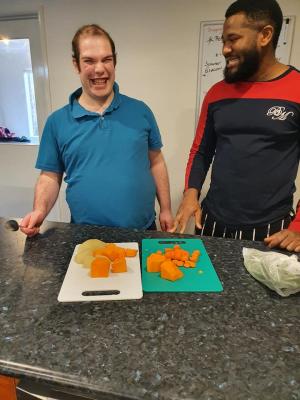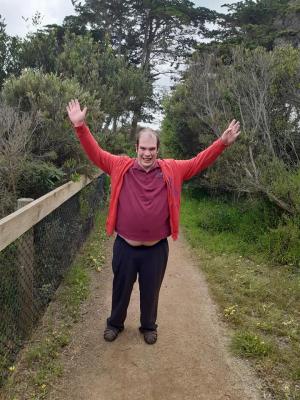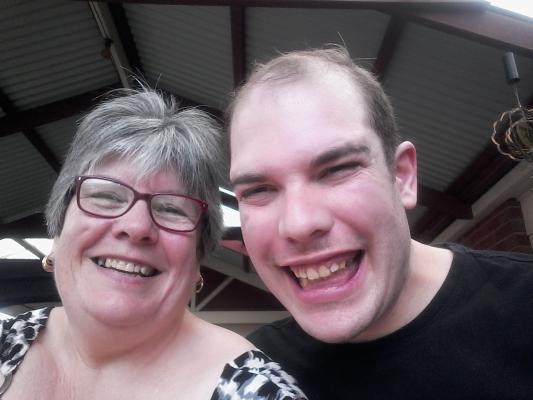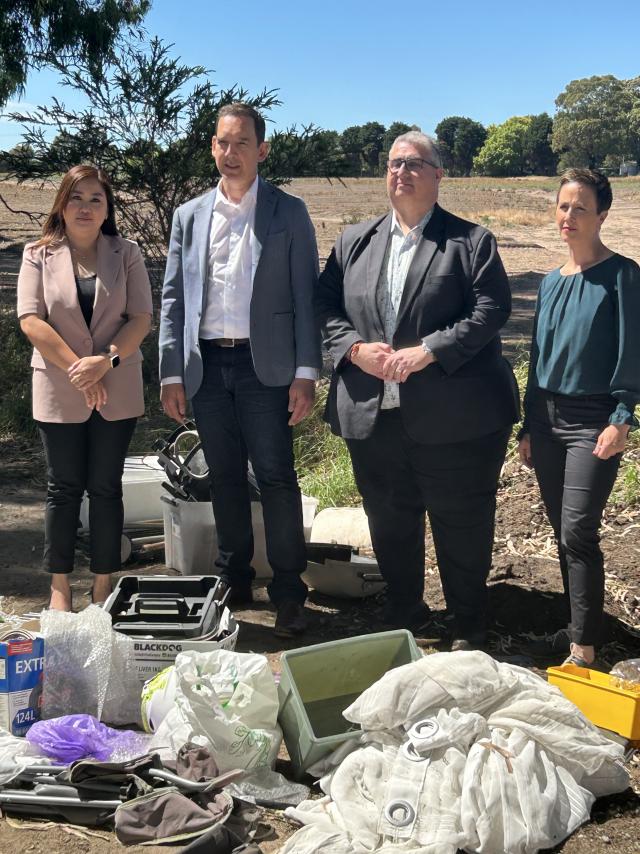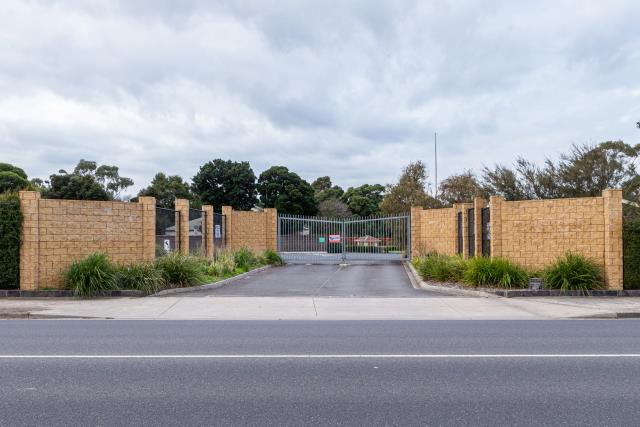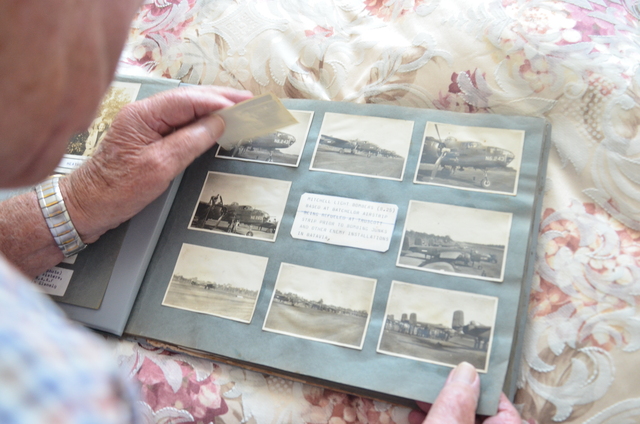Caring for a loved one with a disability can be challenging, as Cranbourne West mother Helen knows well.
Helen’s son Jacob has severe autism, an intellectual disability and ADHD. She’s been his primary, full-time carer for all his life.
Helen said caring was a “holistic” role that involves looking after the child in “all aspects” of their life.
“It’s very tiring,” she said.
“You do the best you can. Everything from the basics of daily living, to the behaviours, the supports, taking them to appointments, getting services in to help, meetings with care staff – on top of all the things mums have to do.”
Helen is just one of around 2.6 million carers across Australia who provide unpaid care for a family member or friend with disability, mental health condition, chronic condition, terminal illness, alcohol, or other drug issue or who are aged.
It’s a community that is often fragmented, with some carers feeling guilty for taking time to themselves, or feeling as though they can’t speak about their experience with others.
As Jacob got older and his behaviours became more physically challenging, he moved into supported accommodation with Afford, a not-for-profit disability service provider.
Jacob now lives in a house with two other young men who require the same level of support, and Helen says the move has changed both their lives.
“I couldn’t have asked for a better house – Jacob has come so far,” Helen said.
“He has one-on-one support 24/7. Jacob is learning to cook. He is being as independent as he can and progresses day-by-day.”
For Helen, having some respite from her caring role means she can go to work rather than relying on Centrelink payments. She said her sleep has improved, and she can relax and watch television if she’d like to.
She is still involved in Jacob’s medical appointments and visits and Facetime’s him weekly.
She has been able to take part in Afford’s Carer Suport Program too, to participate in social outings with other carers who understand her and her son’s experiences.
Jessica Scicluna, events coordinator of carer events at Afford, said the organisation aims to create “meaningful connections” between carers.
“Our clients are really important, but we understand families and loved ones are important too. We try to ensure that our service is encompassing of whole family,” she said.
“Sometimes, having that person to talk to is a relief.”
Helen admits there was some guilt at having to move her son into supported accommodation – but Jacob’s happiness in his new home and the friendships he has made with his housemates and staff have helped alleviate that.
“That’s all I wanted, I wanted him to be happy and cared for,” she said.

